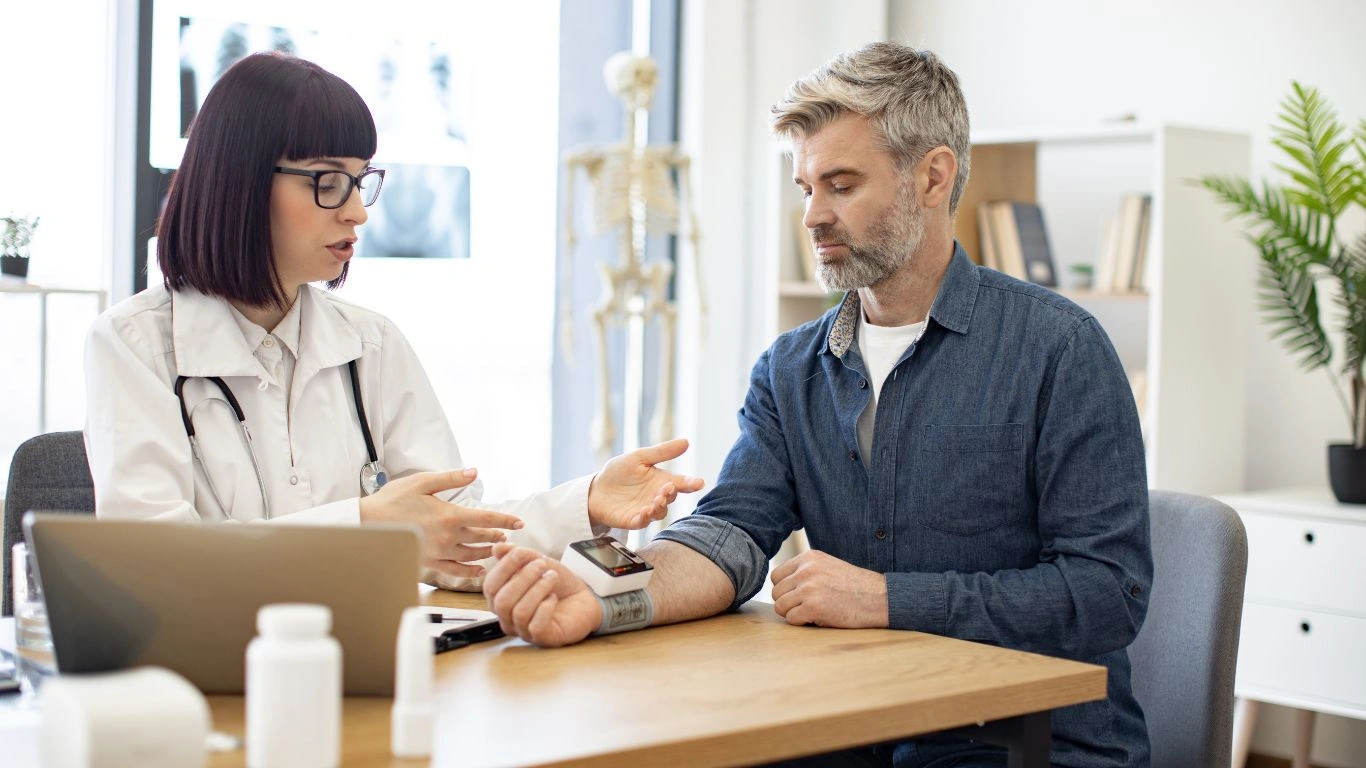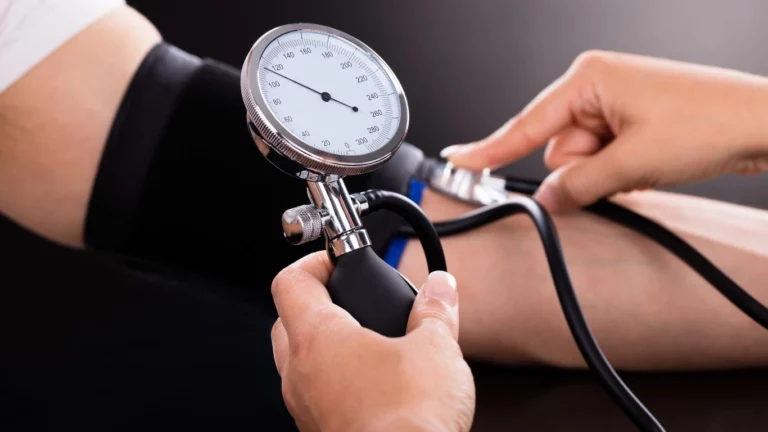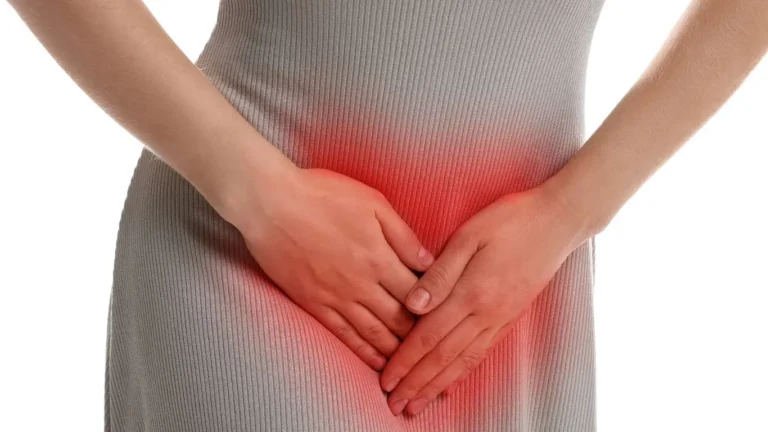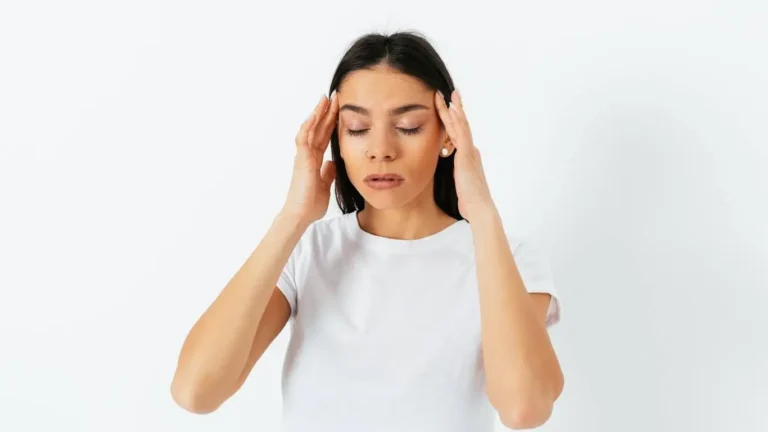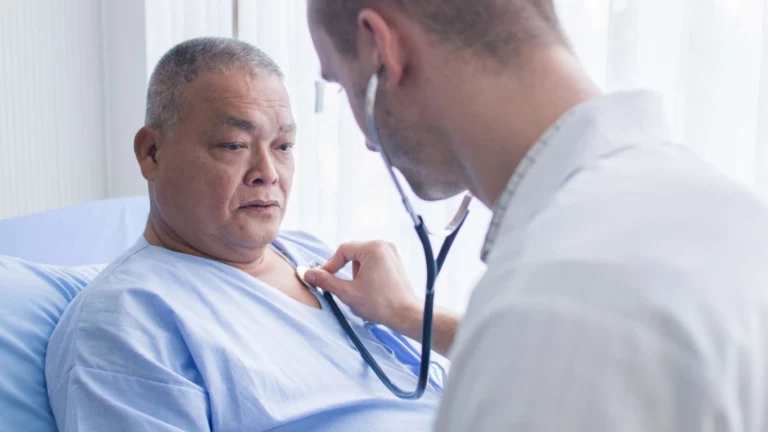Why High BP After Climbing Stairs Could Signal a Heart Health Issue
If you’ve ever felt your heart pounding or noticed high blood pressure after climbing stairs, you’re not alone. This can be surprising, especially if you’re healthy or active. But it’s important to understand why this happens and when it could signal something more serious. High blood pressure (also called hypertension) after climbing stairs can be a normal response—or a sign of an underlying issue.
Understanding Blood Pressure and the Heart
Blood pressure is the force of your blood pushing against the walls of your arteries. Your heart pumps blood through these arteries to deliver oxygen and nutrients throughout your body. When your heart works harder, like during exercise or climbing stairs, your blood pressure usually rises temporarily. That’s normal.
But if your blood pressure spikes too high or stays elevated after activity, it could mean your heart and blood vessels are under stress. Over time, that stress can lead to heart disease, stroke, or other problems. That’s why noticing a pattern of high blood pressure after activity matters.
How the Body Responds to Climbing Stairs
Climbing stairs is a form of moderate to intense physical activity. When you go up steps, your muscles need more oxygen. That means your heart beats faster and your lungs work harder to bring in oxygen and remove carbon dioxide.
To meet these demands, your heart pumps more blood, and your blood vessels may narrow slightly to keep pressure up. This increase in pressure helps get oxygen-rich blood to where it’s needed fast. In healthy people, blood pressure goes up and then comes back down fairly quickly.
But if your blood pressure jumps too high—or doesn’t return to normal within a few minutes—it could mean your body is having trouble handling that effort.
Common Reasons for High Blood Pressure After Climbing Stairs
Several things can cause your blood pressure to rise more than expected when you climb stairs:
- Being out of shape: If you don’t exercise regularly, even mild activity like climbing stairs can feel tough. Your heart has to work harder.
- Age: As we get older, arteries can stiffen, making it harder for the heart to pump blood efficiently during activity.
- Underlying high blood pressure: You may already have hypertension and not know it. Climbing stairs could reveal it.
- Obesity or excess weight: Carrying extra weight puts more strain on your heart and blood vessels.
- Stress or anxiety: These can raise your heart rate and blood pressure during physical effort.
- Smoking or alcohol use: These habits can damage your blood vessels, leading to exaggerated responses to exertion.
- Medical conditions: Heart disease, diabetes, and certain lung conditions can cause blood pressure spikes with activity.
- Medications: Some drugs—like decongestants, NSAIDs, or stimulants—can increase blood pressure during exertion.
If you’re unsure what’s causing your high BP after stairs, a healthcare provider can help figure it out with a physical exam and some basic tests.
What It Feels Like
It’s not always obvious when your blood pressure goes up, but some people do feel symptoms. Pay attention if you notice:
- Headache or pressure in the head
- Shortness of breath after mild effort
- Dizziness or feeling faint
- Chest tightness or discomfort
- Pounding or racing heartbeat
- Blurred vision
- Feeling very tired after climbing a few steps
These symptoms don’t always mean something serious, but they shouldn’t be ignored. Keep track of what you feel and when it happens.
Is It Normal or a Sign of a Problem?
A small rise in blood pressure during or after climbing stairs is completely normal. Your body needs to adjust to the increased effort. But if your readings are high—above 140/90 mmHg—and stay high more than a few minutes after you stop, it’s worth investigating.
Some people have what’s called “exercise hypertension.” This means their blood pressure goes too high during activity but returns to normal later. Over time, this can lead to sustained high blood pressure and heart problems if not managed early.
Also, if you’re healthy but feel unwell or out of breath doing basic activities, that’s a good reason to talk to your doctor. It could be your first warning sign of cardiovascular disease.
When to See a Doctor
Talk to a healthcare provider if you:
- Consistently feel dizzy, short of breath, or have chest pain after stairs
- Get high blood pressure readings after activity (above 140/90 mmHg regularly)
- Have a family history of heart problems or high blood pressure
- Notice that physical activity is becoming harder over time
Your doctor may check your resting and exercise blood pressure, run a stress test, or do an echocardiogram to look at your heart function. They may also suggest lifestyle changes or medications if needed.
Don’t be alarmed if you notice these things now and then. But don’t ignore them, either. Early action can make a big difference in keeping your heart healthy for the long run.
What You Can Do
There are simple steps you can take to support healthy blood pressure and reduce strain on your heart:
- Move more often: Regular activity strengthens your heart and helps it pump more efficiently.
- Eat heart-healthy: Choose fruits, vegetables, whole grains, and lean proteins. Limit salt, sugar, and saturated fats.
- Maintain a healthy weight: Even losing a small amount of weight can lower blood pressure.
- Quit smoking: Smoking damages your arteries and raises your risk of heart disease.
- Limit alcohol: Too much alcohol can raise your blood pressure and harm your heart.
- Manage stress: Try breathing exercises, walking, or hobbies to keep stress in check.
These changes not only improve blood pressure—they help you feel better overall.
Takeaway
Feeling high blood pressure after climbing stairs doesn’t always mean there’s a serious problem. Often, it’s just your body reacting to effort. But if it happens regularly, comes with symptoms, or you’re concerned, it’s worth getting checked out.
Your heart and blood pressure matter, especially as you get older. Paying attention now can help you stay active and healthy for years to come. Don’t hesitate to talk with your doctor—they’re there to help you feel your best.

Dr. Gwenna Aazee is a board-certified Internal Medicine Physician with a special focus on hypertension management, chronic disease prevention, and patient education. With years of experience in both clinical practice and medical writing, she’s passionate about turning evidence-based medicine into accessible, actionable advice. Through her work at Healthusias.com, Dr. Aazee empowers readers to take charge of their health with confidence and clarity. Off the clock, she enjoys deep dives into nutrition research, long walks with her rescue pup, and simplifying medical jargon one article at a time.

